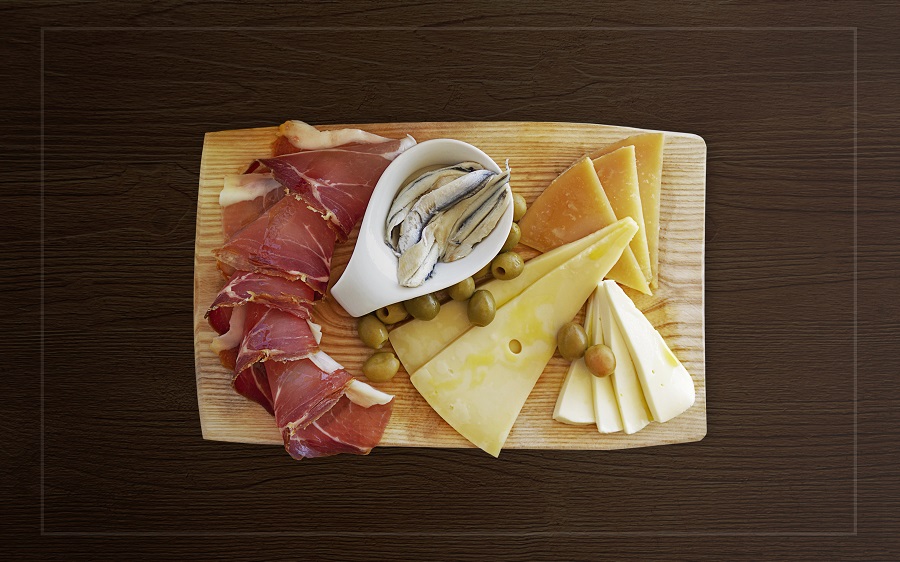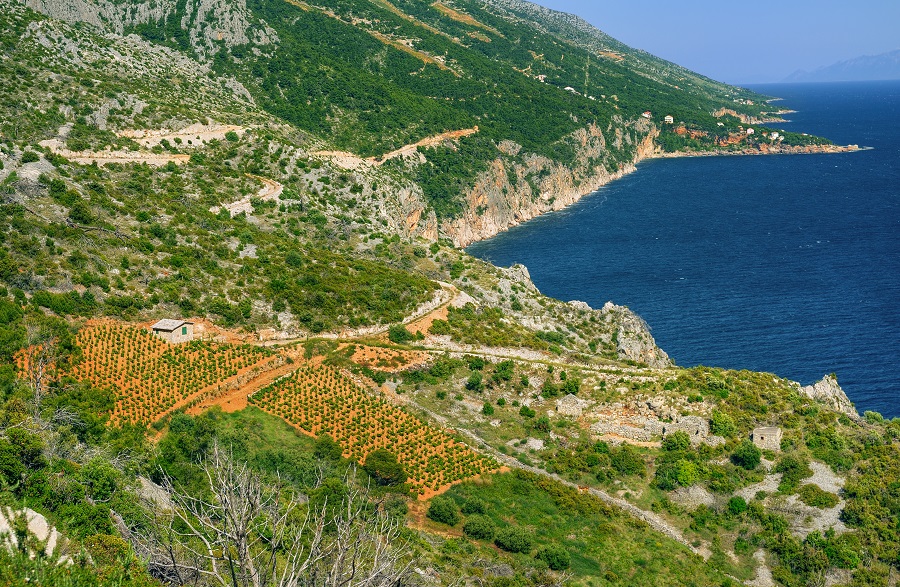June 18, 2023 – A look at one of the driving forces of the economy – Family businesses in Croatia.
According to the 2023 Family Business Index, the largest 500 family businesses are growing faster than the global economy – at nearly twice the rate of advanced economies and around 1.5 times the rate of emerging market and developing economies. Collectively, they generate 7.5 trillion EUR in revenue and employ 24.5 million people worldwide. Obviously, the importance of family businesses is paramount.
Croatia, although a small and relatively young country, hosts many family-owned businesses. Unfortunately, due to the lack of an official or legal definition and, consequentially, statistical tracking of family businesses in Croatia, it is impossible to produce the exact data on their number and hence the possible impact of family businesses on the Croatian economy. However, it is estimated that in Croatia, more than 50% of employees work in family businesses, which speaks to what a strong and important segment of the economy it represents.
The story of family-run businesses in Croatia spans several generations and is an integral part of Croatia’s thriving economy. The legacy of such businesses is one of robust entrepreneurial spirit, resilience, and a strong feeling of community. They operate in a variety of sectors, from retail and hospitality to agriculture and manufacturing, yet they are all unified by shared core values – trust, stability, and commitment to the community.
Importance to the Economy
Regardless of the statistical impediment, it is indisputable that in Croatia, the presence of family-owned businesses is well-known. On one side, we find heritage-rich family enterprises that have significantly evolved over time, laying the cornerstone for some of the country’s most influential joint-stock corporations such as Podravka d.d., which recently, concluded trading on the Zagreb Stock Exchange with a price of 96.60 EUR, the highest price in its trading history. On other side, Croatia’s economic tapestry is additionally colored by both younger and older family ventures managed as limited liability companies or family farms (OPG) and entirely run within the family’s ownership and management.
The article will cover four family businesses from the agribusiness sector, which has traditionally been feeding the Croatian people and contributing to the Croatian economy. Namely, two large ones, Gavrilović and Pivac, both in the meat industry, and two small/micro family businesses, Chiavalon and Franc Arman are at the forefront of this article.

Gavrilović
Gavrilović epitomizes a heritage-rich family business whose roots go back to 1620 when the Gavrilović family started producing and selling meat products in Petrinja. Today, the company is managed by the ninth generation of the Gavrilović family, thereby ensuring that traditional recipes and methods are combined with modern production techniques. Precisely because of this long family heritage, Gavrilović is unique in Croatia and among the few such family companies in the world. Its meat industry is equipped with the most modern industrial machines and production lines, and with more than 400 years of tradition, Gavrilović has significantly influenced Croatian gastronomy and culinary heritage.
Pivac
An equally inspiring story of a large heritage-rich family enterprise is the story of the Meat Industry Brothers Pivac which began in the small town of Vrgorac in Dalmatian Zagora back in 1952. Starting as a small, family craft based on the tradition of meat processing and drying, over the years Pivac has grown into one of the leading meat industries in Croatia, with an annual production of 350,000 pieces of prosciutto, all owing to the perseverance of the traditional recipe and quality, while listening to market needs and using new technologies. With more than 2,000 employees, Pivac is one of the largest and most respected meat industries in this part of Europe.
Chiavalon
Then there is a tale of Chiavalon, a micro family-owned business in Istria which produces olive oil. This family heritage from grandfather to grandson combines tradition with technology to produce highest-quality olive oil. Back in 1997, when the pioneering grandfather passed away, the Chiavalon family cultivated only 50 olive trees aged 300 to 400 years. Nowadays, it has altogether 9,000 olive trees, mostly autochthonous olive sorts, with several contracted cultivators for an additional 5,000 trees. This family business’ production is under certified ecological supervision. Its extra virgin olive oil bears the Organic Label, as well as the Protected Designation of Origin, which both guarantee and ensure that this is certified 100% organic extra virgin olive oil from Istria.

Arman
Lastly, we turn to a story of the Arman family, led by skilled winemakers Franco and Oliver, who owns the famous Franc Arman Winery in Istria. This OPG continues to nurture the fundamental values of their ancestors’ tradition with the same passion today. Their ancestors began to cultivate the vine as far back as 1850 when the beauty and value of the vineyards was the essence of life, the foundation, and the strongest support for the survival of Istrian families, just like it is today. During the past half-century, grandfather Edoardo Arman diligently and loyally planted malvasia and teran. With hard work, into which he wove unspeakable love and all his life, he brought the art of making good wine to a peak. Today, on the foundations of this invaluable tradition, the Arman family elevates its values to new heights, into new spheres of excellence.
Large family business such as Gavrilović and Pivac, or smaller like Chiavalon or Franc Arman, operate with a multigenerational vision, characterized by robust continuity plans, passing leadership roles from one family generation to the next. Their unique blend of tradition, passion, and familial commitment often forms the backbone of their enduring success and longevity. As such, their contribution to the economy of Croatia is invaluable. Although Croatia’s legislation neither defines nor gives a special status to ‘family businesses,’ their various government initiatives and policies recognize their significance. These initiatives aim to bolster family businesses’ growth and sustainability, recognizing them as crucial contributors to national GDP and employment rates.
Lifeblood of the Economy
Beyond their economic contributions, Croatian family businesses hold significant socio-cultural importance. They are custodians of traditional knowledge and skills, from crafting world-renowned Croatian wines and olive oil to producing the coveted Pag cheese and Dalmatian prosciutto and pancetta. And this is only the agribusiness sector. Through the preservation of these traditions, family businesses also promote tourism, contributing to Croatia’s overall attractiveness as a destination. They likewise drive economic growth and stability as significant job creators which provide substantial employment opportunities.
These firms also contribute to economic resilience, often serving as a bulwark against economic downturns due to their long-term orientation and adaptability. Contrary to popular belief, family businesses contribute to innovation rather than being stuck in the past. They constantly innovate, balancing respect for tradition with a keen eye on the future. Finally, by fostering an entrepreneurial mindset across generations, family businesses serve as incubators for original ideas, ensuring their longevity and continued relevance.
Altogether, family businesses are the lifeblood of Croatia’s economy and an integral part of the global economy. Their enduring success lies in the strength of familial bonds, a long-term vision, and their ability to adapt and innovate. They embody the spirit of entrepreneurship, resilience, and dedication. Their legacy extends beyond the balance sheet, shaping the country’s economic landscape and contributing to its social fabric. With their long-term perspective, strong values, and fascinating adaptability, family businesses in Croatia continue to play a vital role in driving economic growth and nurturing next generations of entrepreneurs. As custodians of their family legacies, these businesses carry forward a rich tradition while embracing the challenges and opportunities of the modern business world.
— TEASER – ‘4 Croatian Investment Projects Worth Your Attention’
Check our new TCN section Invest in Croatia for further articles.
Looking to invest in Croatia? Contact news@total-croatia-news.com Subject Invest.











